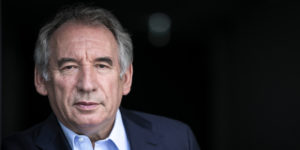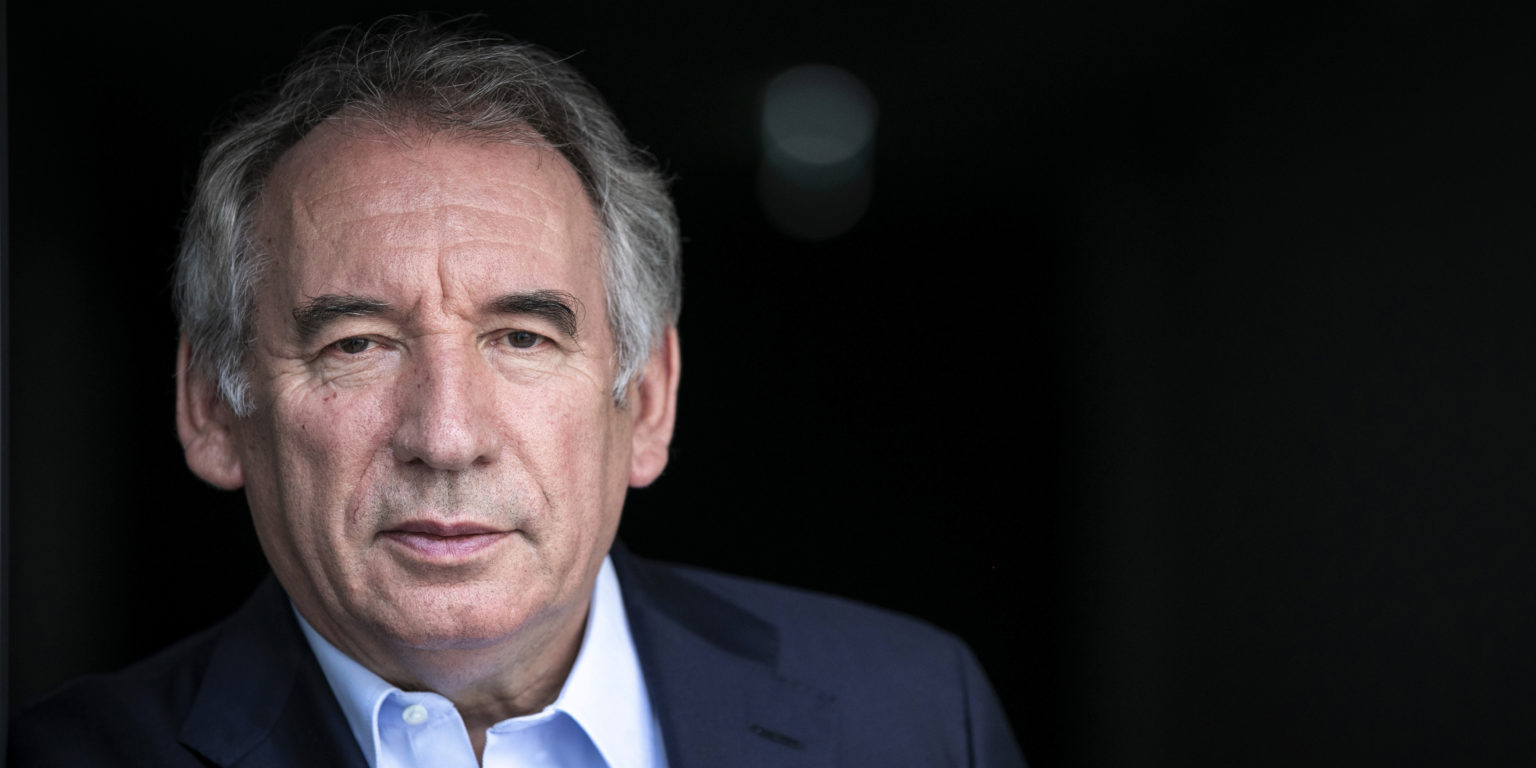
By Adeyemi Adekunle
In an attempt to navigate France’s political deadlock, Prime Minister François Bayrou is set to present revised pension reform measures today in a bid to win critical leftist support for the 2025 budget. The move comes after a tumultuous 2024 that saw President Emmanuel Macron call early elections, only to lose his working majority, plunging France into financial and political uncertainty.
Bayrou’s government, formed last month after the collapse of Michel Barnier’s administration, is walking a precarious tightrope. Concessions to leftist parties are seen as a necessity for securing passage of the budget, but risks alienating the conservative and centrist lawmakers that form the backbone of the ruling coalition.
The crux of the controversy lies in the pension reforms implemented in 2023, which raised the minimum retirement age from 62 to 64 to save an estimated €17 billion annually. The Socialists, a critical voting bloc that rejected previous budget proposals, have made their support conditional on rolling back these changes.
Talks at the finance ministry last week between Finance Minister Eric Lombard and leftist leaders have reportedly made progress, but a definitive agreement has yet to materialize.
For Bayrou, today’s parliamentary speech represents more than just a policy announcement; it is a test of his government’s survival. His advisers remain tight-lipped about the specifics, but sources close to the Prime Minister’s office indicate that the revised proposal will incorporate union demands and address concerns raised by opposition parties.
The decision to pursue leftist cooperation is also strategic, reflecting a broader effort to prevent the far-right led by Marine Le Pen from exerting influence over budget decisions. “By aligning with the left, Bayrou avoids being at the mercy of Marine Le Pen’s bloc,” remarked political analyst William Thay. However, such concessions may stir discontent among conservatives, who are concerned about the economic ramifications of scaling back pension reforms.
The political risks are compounded by economic challenges. France’s budget deficit remains a source of anxiety for investors, and any perception of fiscal leniency could worsen market confidence.
President Macron, who admitted missteps during his New Year’s address, has warned that economic productivity must increase to sustain public finances. Yet, Macron’s diminished political role leaves Bayrou to shoulder the burden of unifying a fractured parliament.
Voters in the early elections last June handed France a hung parliament, leaving Bayrou with limited leverage. Even if he secures Socialist backing, maintaining support from the coalition’s conservative wing remains a daunting task.
“Bayrou must ensure he doesn’t lose his right-wing base in trying to appease the left,” Thay noted. This fragile balancing act underscores the challenge of governing amid political fragmentation.
The pension issue has broader implications beyond parliamentary politics. Critics argue that maintaining the reforms is essential for sustaining the social security system in an aging society.
Opponents, however, view the measures as unfairly burdensome to lower-income workers and a source of growing social unrest. Unions have already signaled plans to resume protests if their demands are not adequately addressed.
Bayrou’s political future hinges on his ability to thread this needle. Failure to pass the budget could trigger another governmental collapse, further destabilizing France’s political landscape. Yet, overreaching to satisfy one bloc risks alienating another, illustrating the difficulty of governing in the current environment.
Public sentiment remains mixed. Many citizens are wary of the economic sacrifices demanded by pension reforms but also recognize the need for fiscal discipline. The issue has become emblematic of broader frustrations with France’s political establishment, with voters expressing disillusionment through fragmented election results.
Bayrou’s speech today may provide clarity on his approach, but it is unlikely to silence all critics. The hung parliament has amplified ideological divisions, making compromise difficult to achieve without substantial concessions. As the Prime Minister seeks to balance competing priorities, the path forward remains fraught with uncertainty.
Whether Bayrou succeeds or falters will have lasting implications for France’s political and economic trajectory. His efforts to reconcile the left and right may serve as a template for navigating future challenges or a cautionary tale of compromise’s limits in a polarized political environment.




